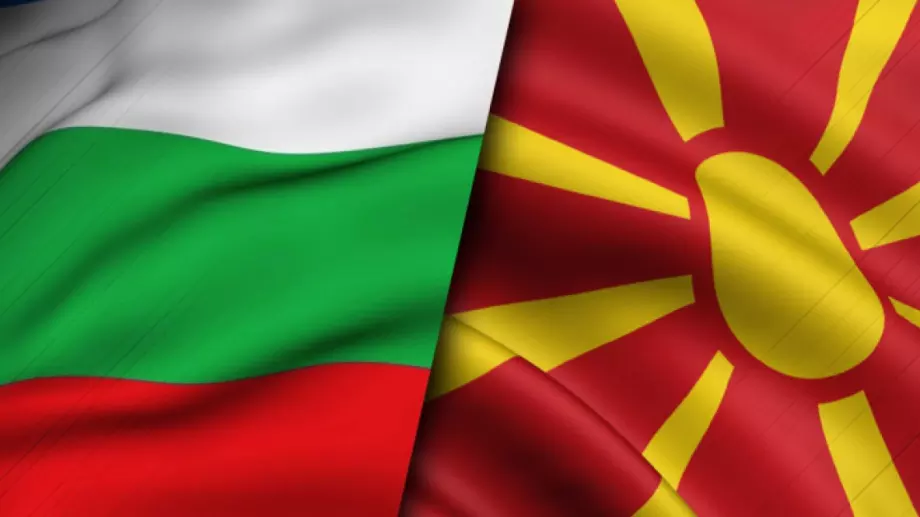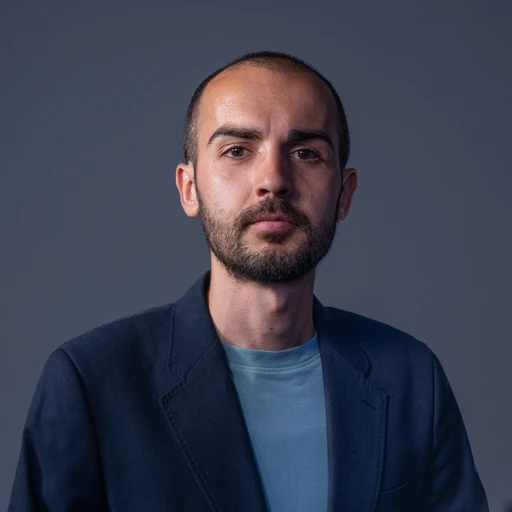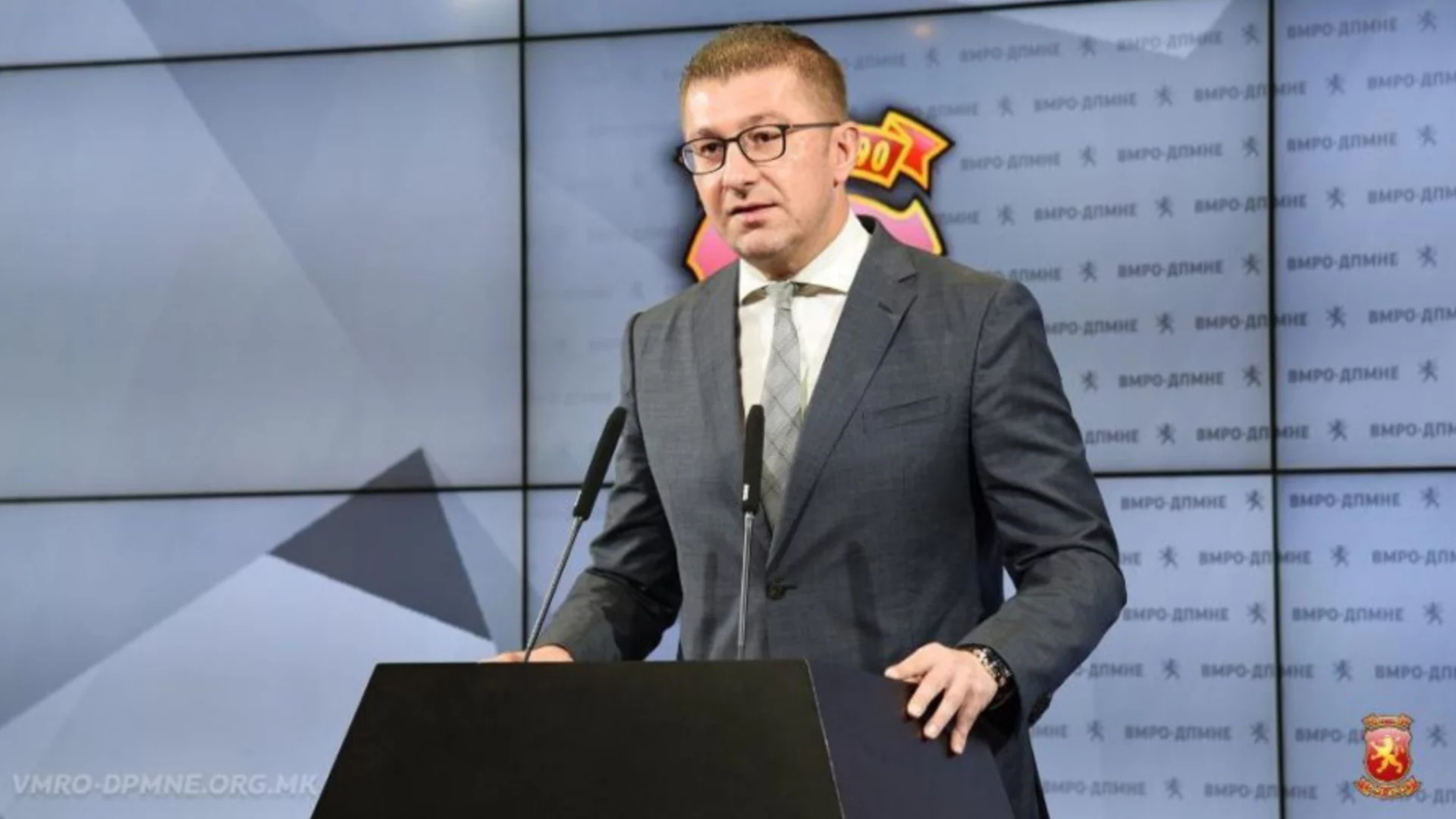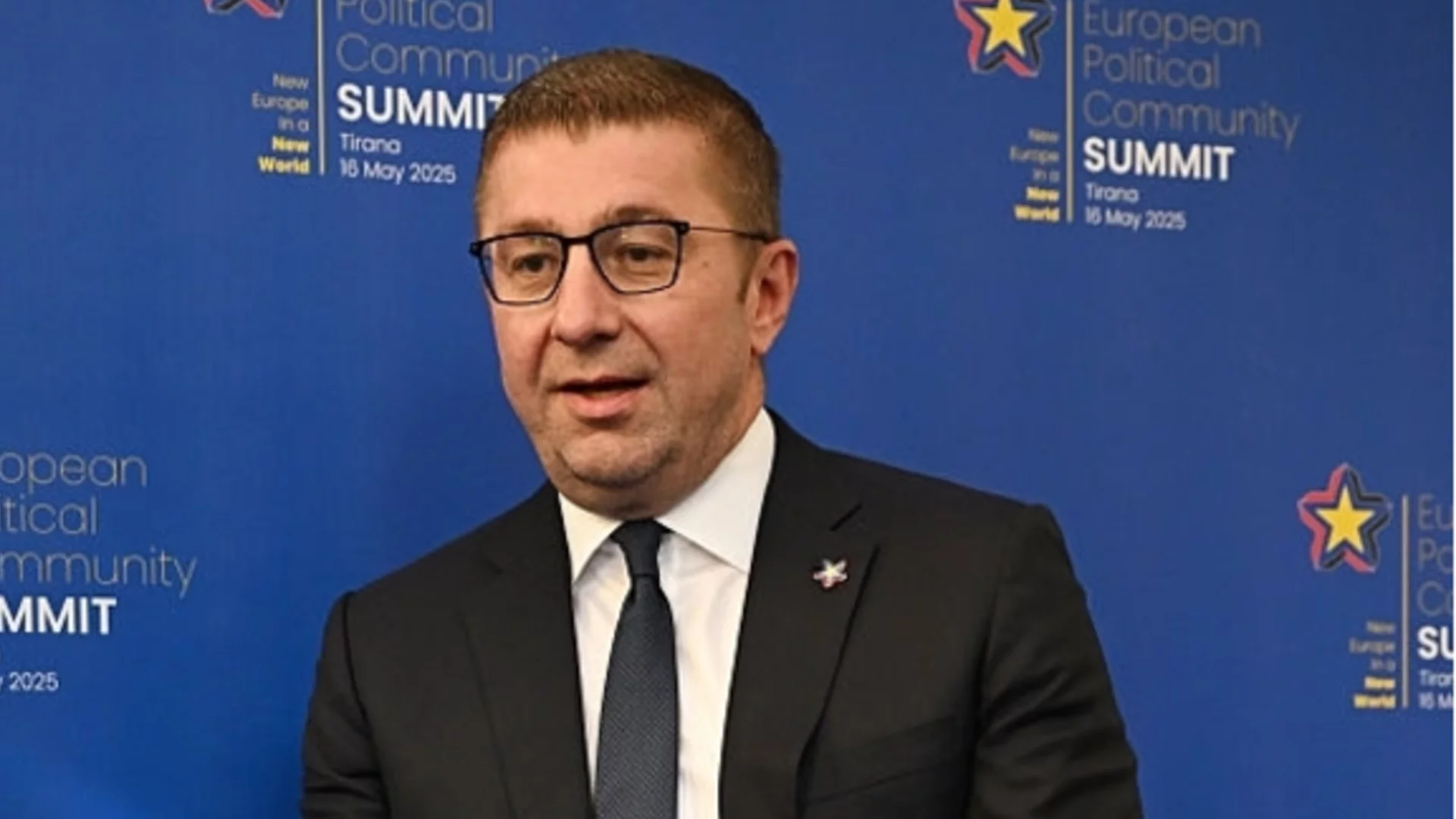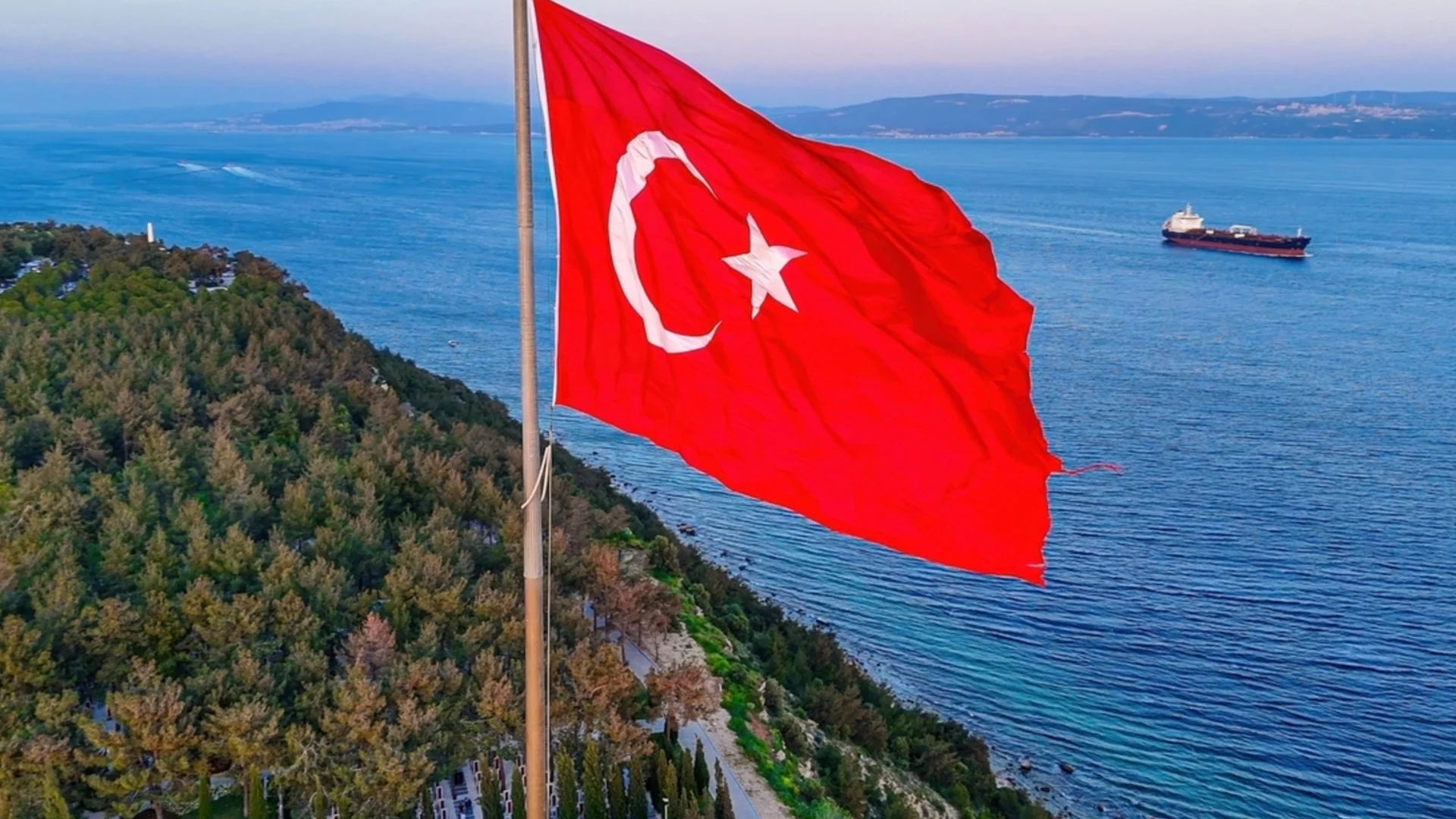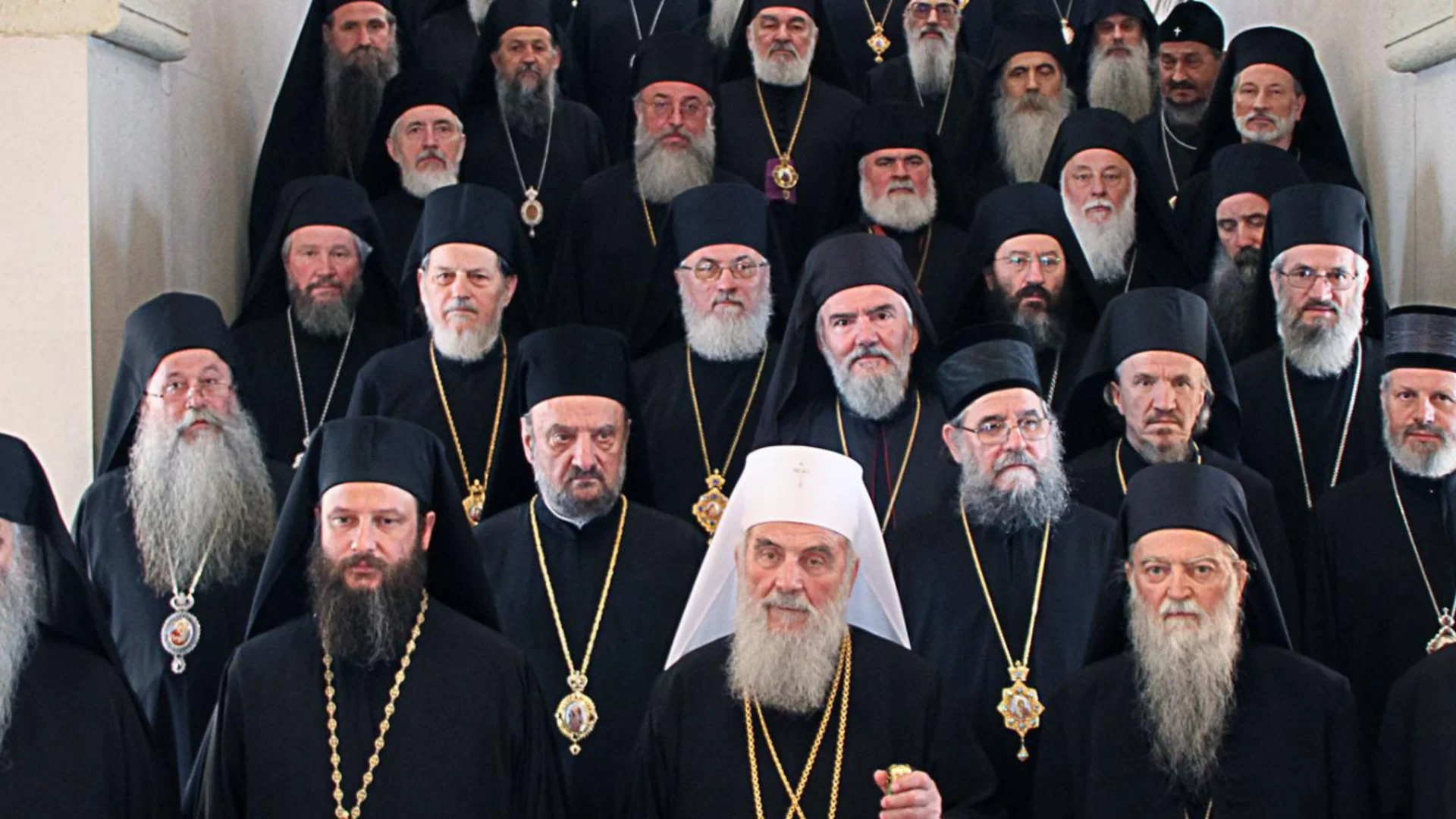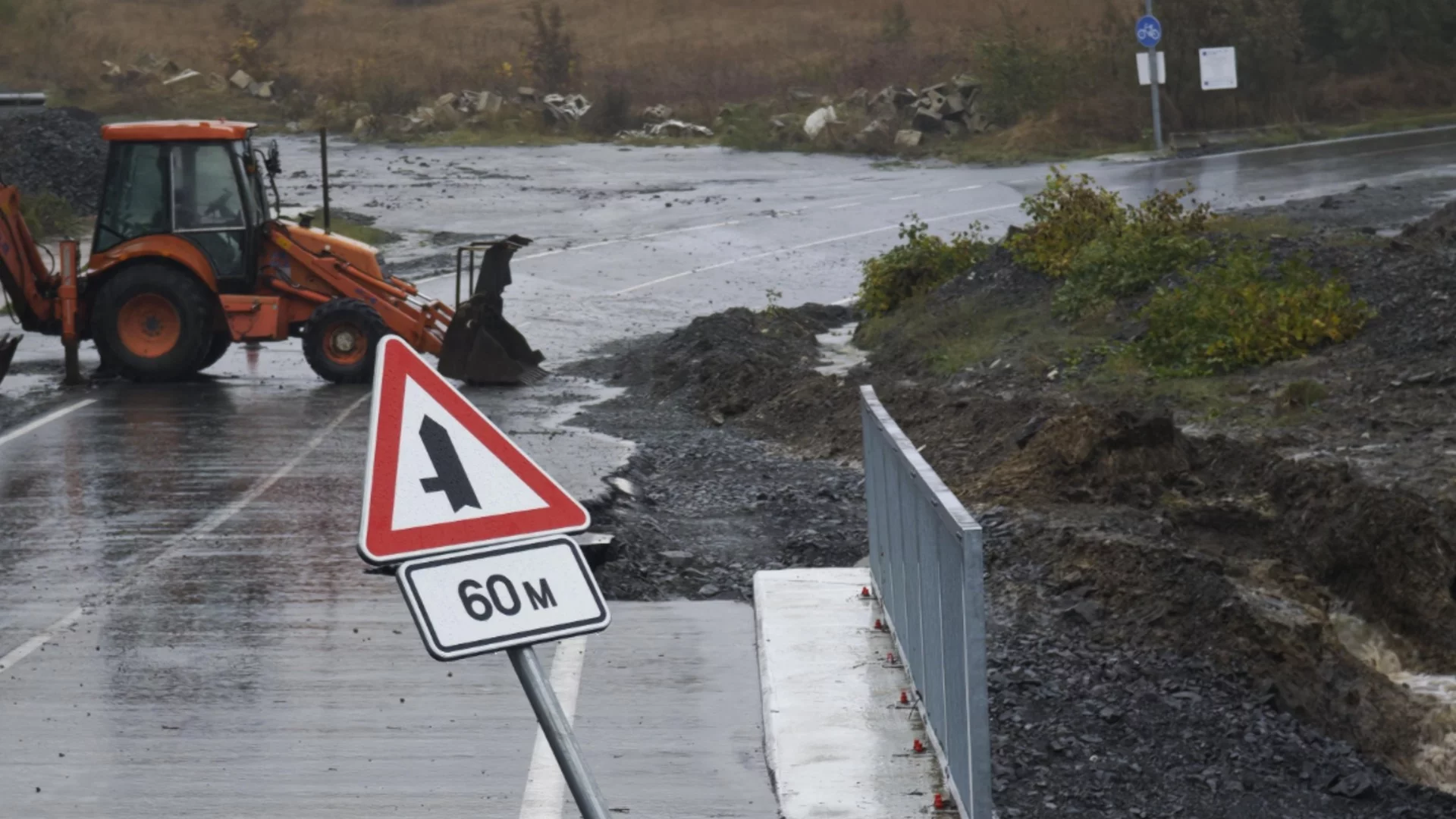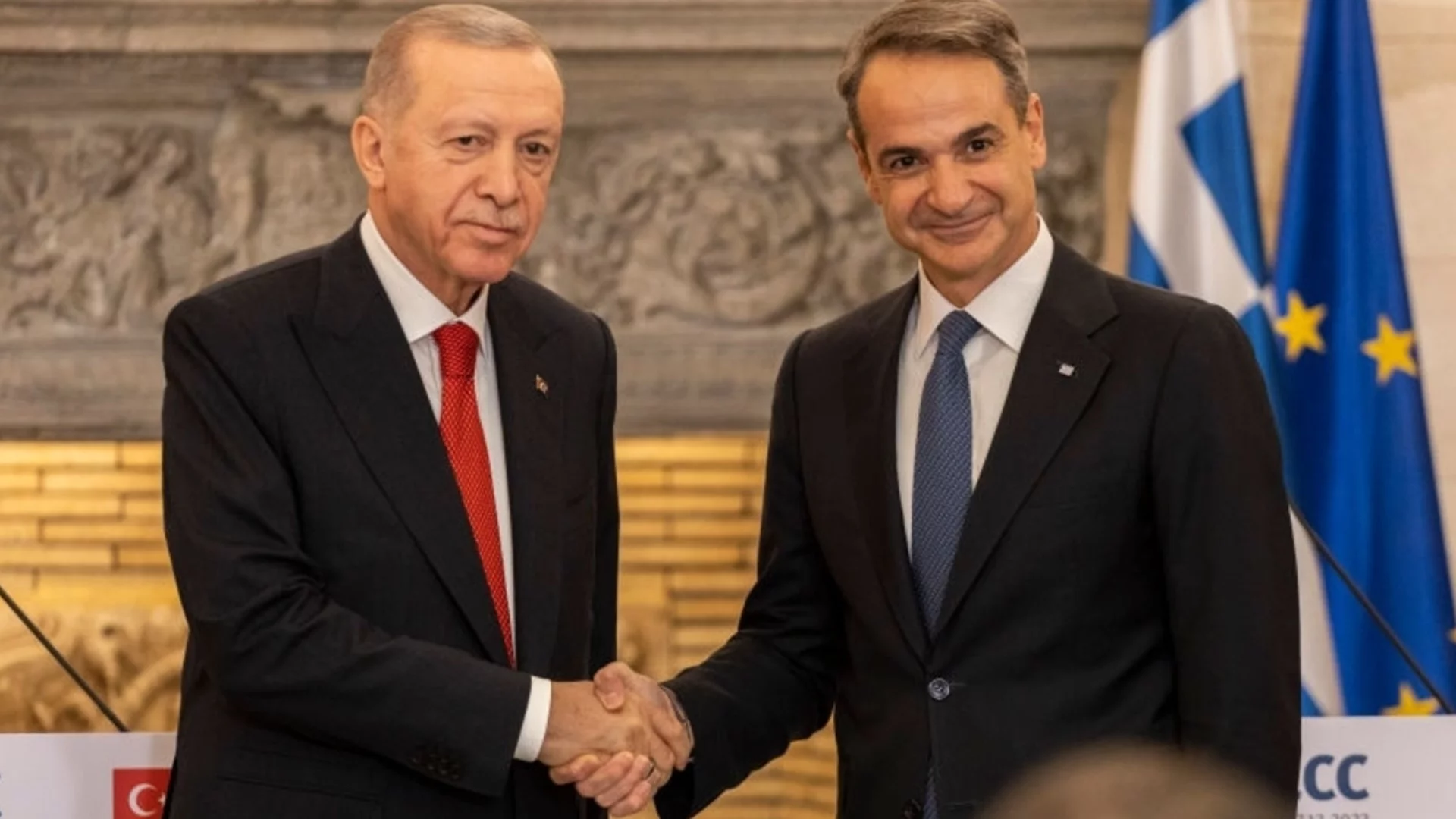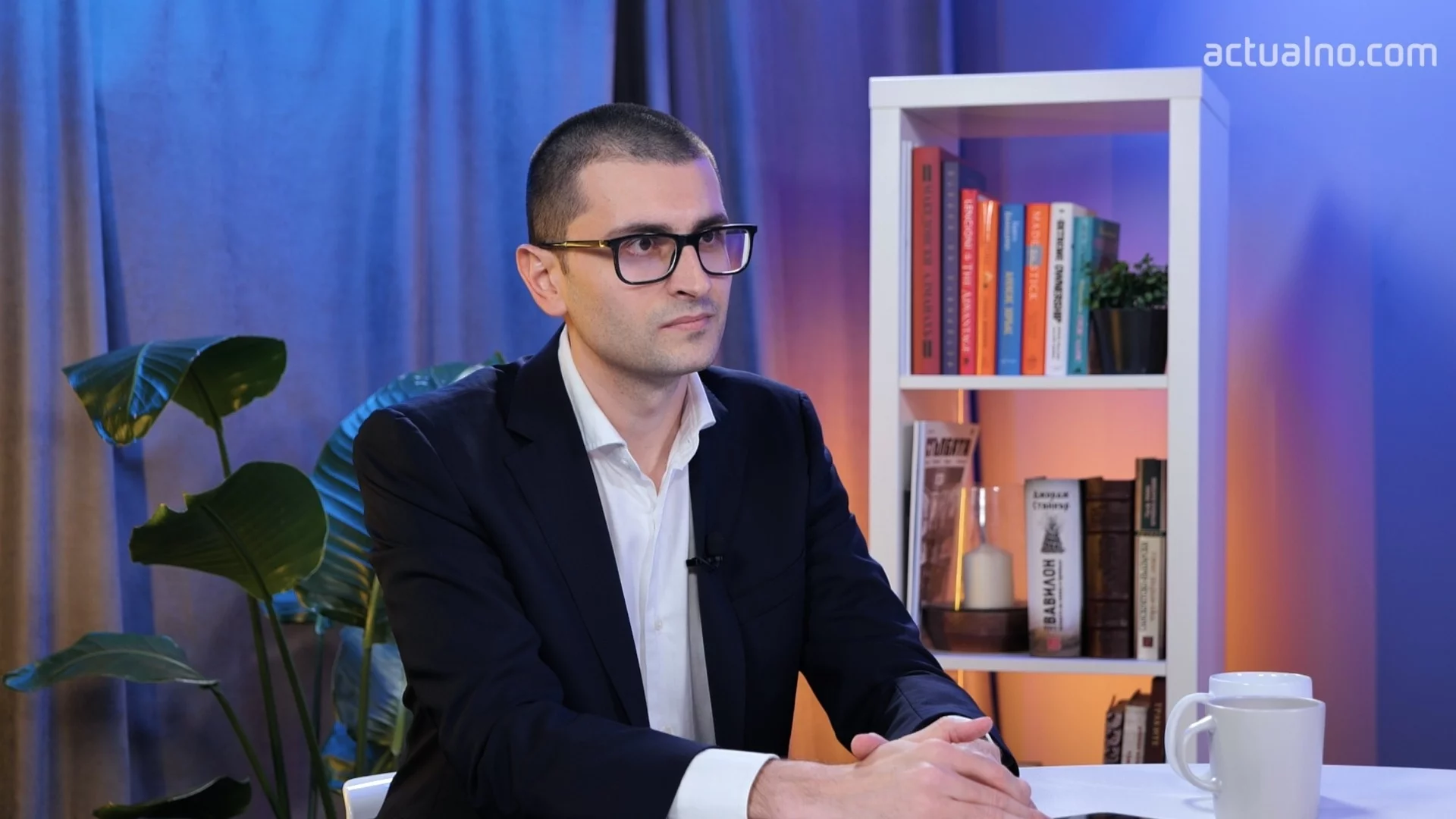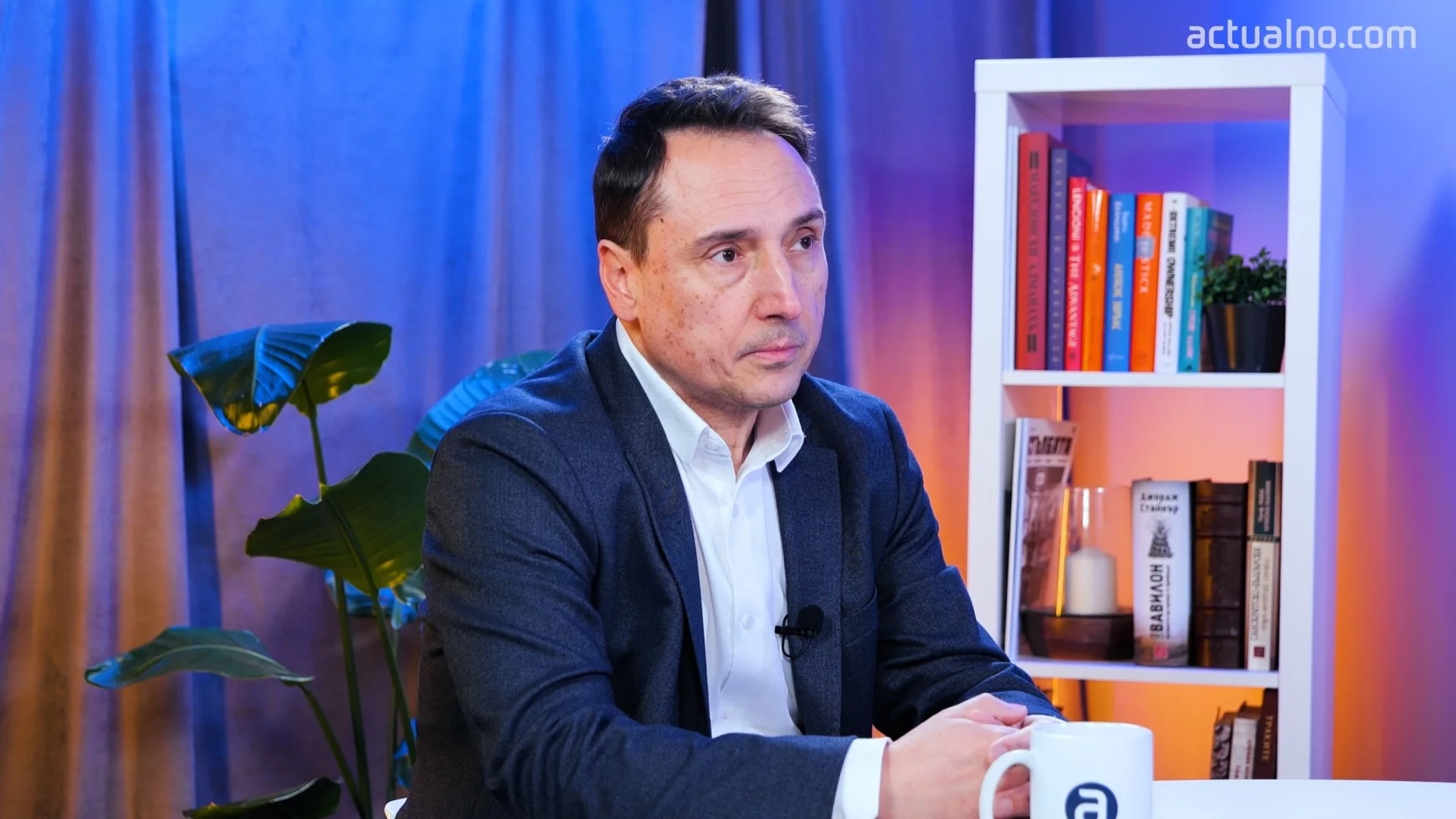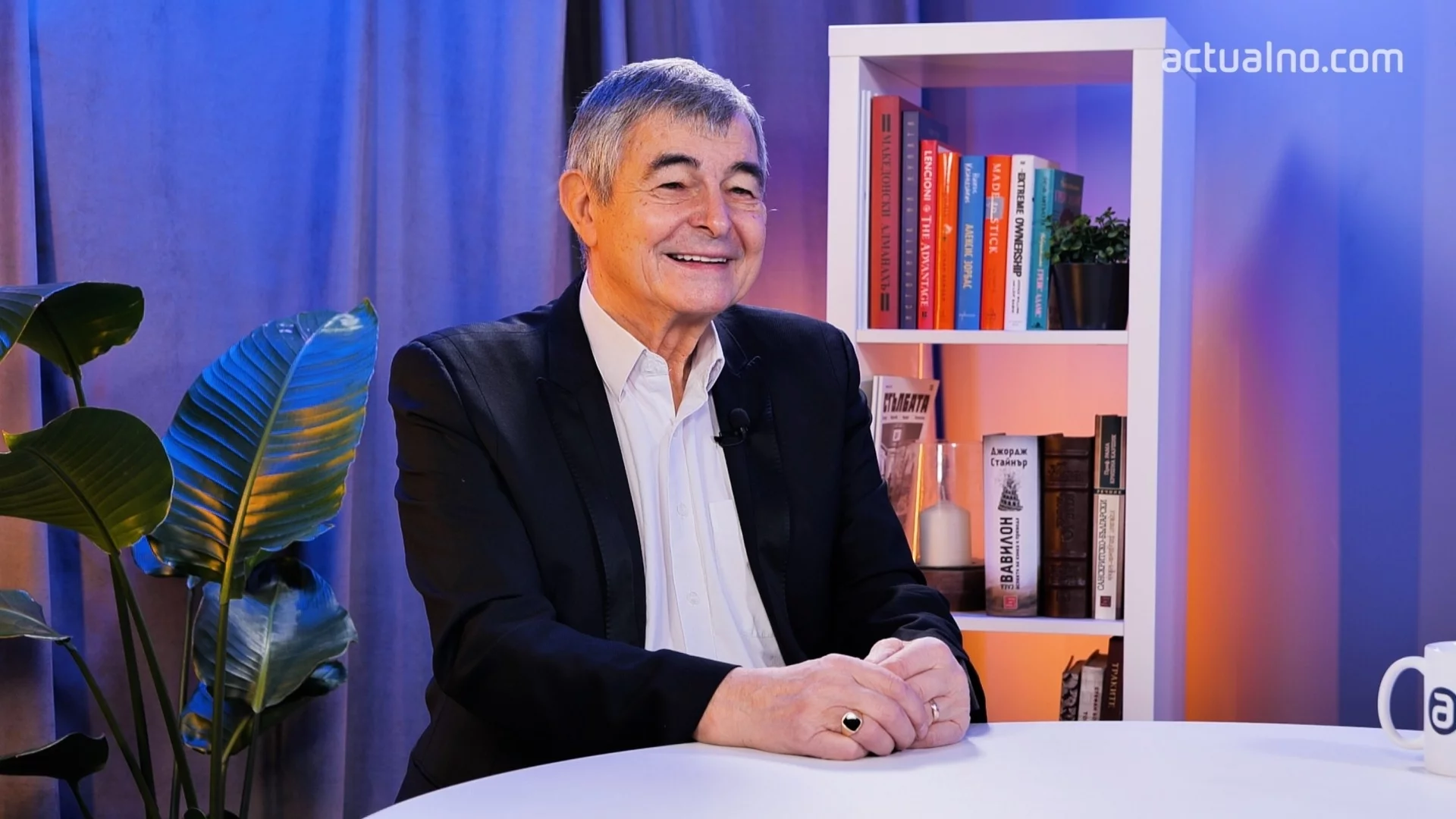Germany tried to stimulate the efforts in North Macedonia to clear the way for negotiations with the EU with a special declaration, which the German Bundestag adopted. The German Parliament says that it recognises Macedonian culture, identity and language.
For this reason, the Association of Descendants of Refugees and Resettlers from the Territory of North Macedonia has sent an official position to the parliaments in all Member States criticising the Bundestag's decision.
You can read the full position below:
On 15 June 2023, the Bundestag adopted a resolution promoting the process of European integration of North Macedonia. The document states that ‘the German Bundestag recognises Macedonian culture, identity and language.’
Our association was established by individuals originating from the group of over 400,000 Bulgarian citizens, descendants of refugees or migrants from the territory of today's Republic of North Macedonia, who are part of about 1.3 million Bulgarian citizens whose origin is from the geographical area of Macedonia. As an interested party, we would like to draw attention to the fact that the categories of culture, identity and language are not subject to recognition under international law. We are not aware of any other culture, identity and language in the world which are recognized in such a way, with the exception of Macedonian, which was first done in Moscow in 1934 by the Communist International!
For this reason, we are very surprised and express our deep disagreement with the adoption of this unique resolution in which Macedonian culture, identity and language are recognized!
As is known, the act of recognition of a given state also gives recognition to its constitutional attributes. On 15 January 1992, Bulgaria was the first in the world to recognize the independence of today's Republic of North Macedonia and thus prevented the Yugoslav conflict from growing through military actions of the Yugoslav Army in the south and rejected any calls for its division. It was only in 1996, that Germany recognized the independence of today's North Macedonia! This fact shows some understanding in Berlin at that time with regard to the truth about the newly emerging state in the Balkans. During the following period, bilateral and international treaties were signed, cultural works by authors writing in the official language of today's North Macedonia were translated, but no one ever raised the question of the need to recognize its culture, identity and language!
In this sense, the decision of the Bundestag is a precedent and creates anxiety regarding the implementation of European values, since it is a result of the defamatory behaviour of the government in Skopje against Bulgaria. We know that North Macedonia is trying to organize the adoption of similar decisions by the parliaments of other EU Member States. Over the past few years, at all international meetings, the rulers in Skopje have claimed that Bulgaria has denied the modern Macedonian identity and language. Such claims are constantly appearing in the North Macedonian mass media, which is based on the hate speech used since the end of 1944 to this day against everything related to Bulgaria.
As Bulgarian citizens who originate from the territory of today's North Macedonia and bearers of part of its culture, we want to emphasize that no one in Bulgaria has ever challenged the right of North Macedonian citizens to have their own modern Macedonian identity and to call their official language Macedonian. It is for this reason that Bulgarian diplomacy after 1991, when signing official documents, adopted the formula ‘Macedonian language according to the Constitution of the Republic of Macedonia’.
Bulgaria has always and only objected to the construction of a Macedonian identity on an anti-Bulgarian basis. Such policy has no analogue in Europe. After 1945, an Austrian identity was gradually created in Austria, but no one persecuted those Austrian citizens who had preserved their German self-awareness. Austria has never denied the German character of Austrian dialects. German dialects in Switzerland are more distant from literary German than most dialects in North Macedonia are removed from literary Bulgarian. In Switzerland, a local variety of standard German has emerged, known as Swiss High German or Swiss Standard German. It differs significantly from literary German in Germany, but this did not make it any less German. The Luxembourgish language was codified as an official language in 1984, but there is no denying that it is an East Franconian version of the German language. Thus, the citizens of Luxembourg have the human right to choose for themselves whether to use literary German or Luxembourgish.
The Bundestag in Berlin did not specifically deal with these linguistic and cultural changes in Austria, Luxembourg or Switzerland. We do not understand why its members, without having the necessary training and objective information, take an uncritical attitude towards the linguistic and cultural problems in North Macedonia? The current declaration of the Bundestag is no more and no less an open defence of the consequences of Communist rule in former Yugoslavia!
In 1945, in Communist Yugoslavia, in the territory of today's North Macedonia, a new ‘Macedonian language’ was codified, based on the Central and Northern Macedonian Bulgarian dialects. This was achieved through the artificial insertion of about 6-8 percent of Serbisms and the introduction of a modified Serbian alphabet. The still living representatives of the Macedonian liberation movement founded in 1893 objected to its creation. For this reason they were massacred in the Communist concentration camps. Books written in the literary Bulgarian language were burned, and all Bulgarian inscriptions were thoroughly erased. Thus, an internal conflict arose in today's North Macedonia that has not ended.
It should be recalled that in a similar way Communist Yugoslavia tried to create in Kosovo a separate ‘Kosovo language’ based on the Albanian Gega dialects. They took advantage of the fact that the Albanian literary language is based on the Albanian Toska dialects. However, while Bulgaria was under the dictate of the USSR and did not dare to oppose its policy on the Macedonian issue, Albania did not allow such a mockery of the Albanian people in Kosovo.
We note the changes that have occurred in North Macedonia and respect the feelings of its citizens. For this reason, we believe that a person's self-identity is a matter for the local citizens themselves and no one else. Realizing the need for national reconciliation, we do not deny the right of the Macedonians to call themselves ‘Macedonians’ and their language ‘Macedonian’, but it is democratic for them to recognize the same rights of the Bulgarians in North Macedonia!
For this reason, we call for the protection of the human rights of those North Macedonian citizens who, despite the repressions, have preserved their Bulgarian self-awareness and continue to call their language Bulgarian. No resolution of any national assembly in the world can deprive the human right of the Macedonian Bulgarians to continue to call their language Bulgarian. Immediately after the adoption of the resolution of the Bundestag, the repressed Macedonian Bulgarians expressed their firm confidence that the amendments to the Constitution of Skopje requested by the EU will enable , ‘Macedonian Bulgarians to become a state of people with constitutional rights and will call themselves Macedonian Bulgarians, and their language – Bulgarian dialect’.
We emphasize that in this case it is not Bulgaria, but the Macedonian Bulgarians who perceive the official language of North Macedonia as codified on the
basis of local Bulgarian dialects. We also take into account the fact that North Macedonian Macedonians see the official language as Macedonian, and the North Macedonian Bulgarians as Bulgarian, and since North Macedonian Bulgarians are not bilingual, we insist:
When using the term ‘Macedonian language’, an asterisk in a footnote should indicate that for Macedonian Bulgarians, it is the Macedonian Bulgarian language. The fact that a language is referred to by two names by its various users must be reflected objectively in European documents. This will further contribute to the linguistic diversity and cultural heritage that Europe is striving for! The Law-makers in Germany can and should make a contribution in this direction.
The Bundestag resolution also calls on ‘Bulgaria to support the path of North Macedonia towards the EU within the framework of the compromise reached with the Council and to refrain from additional conditions’. The claim about some new Bulgarian conditions mentioned in the Bundestag resolution is also a result of the daily anti-Bulgarian campaign in Skopje. Are German law-makers committed to spreading Skopje's anti-Bulgarian propaganda in the EU? We declare that Bulgaria has always believed that with our brothers from North Macedonia we should be together in the EU. However, Bulgarian society, and especially the descendants of refugees and migrants from Macedonia, cannot allow the previous official doctrine of Skopje, which was established in Belgrade and Moscow on an anti-Bulgarian basis and which is repressive in nature, to form part of this negotiation process. It must not be a Trojan horse to create future obstacles to regional consolidation and solidarity, which will benefit forces foreign to European interests.
In the proposal adopted in June 2022 in Sofia and Skopje for the start of negotiations for North Macedonia's accession to the EU, it was written that Skopje should change its constitution by recognising the Bulgarian people living on its territory, as well as to comply with the agreements reached in the Protocols of the joint intergovernmental meetings under Art. 12 of the Treaty of Good Neighbourliness with Bulgaria of 2017. In the two protocols signed so far by the government in Skopje, specific commitments have been made and deadlines have been set for implementation with regard to the remaining Bulgarian requests, namely:
Skopje's rejection of hate speech against Bulgaria.
Purging the contents of the textbooks in the general education system of North Macedonia from the mass falsifications.
Rejection of discrimination against those citizens of North Macedonia, who identify themselves as Bulgarians.
Declassification of the archives of the Yugoslav secret services UDBA and KOS.
We are concerned that Skopje is not complying with these long-known agreements. They are the basis for the existence of a democratic state – a member of the EU! This is by no means a bilateral issue, since the violation of fundamental human rights is completely contrary to the EU Charter of Fundamental Rights and should cause concern not only in Europe, but also among all impartial people around the world. Moreover, the massive dissemination of information among the citizens of North Macedonia, which is demonstrably false or misleading regarding historical processes and is aimed at inciting national hatred and appropriation of foreign cultural heritage, violates the EU Code of Practice on Disinformation.
By presenting these facts and our position to the members of the Bundestag, we appeal to Germany to assist the authorities in Skopje to reform and to irreversibly break with the totalitarian practices inherited from the Yugoslav past. By demonstrating common European solidarity, we hope to see North Macedonia as a stable part of the EU, defending its values.
Association of the Descendants of Refugees and Migrants from the Territory of the Republic of North Macedonia and friends
